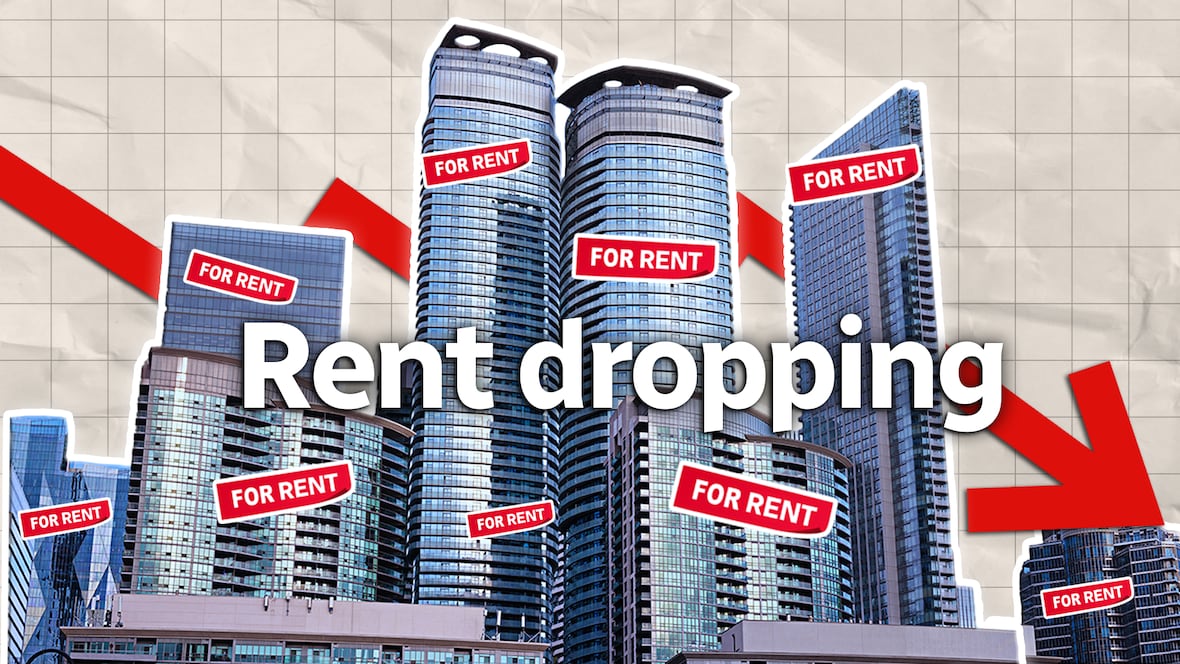Emotions are at the heart of career success. The dawn of a new year brings with it hopes and excitement about new career opportunities, new skills to hone, and milestones to achieve.
While hope and excitement can be effective motivators, in excess they may also detract you from what matters most to your career progression. Development opportunities are everywhere, but blindly saying yes to everything in the hope of bringing you success—without critically assessing whether such opportunities will actually help—will ultimately deplete your focus and reduce the clarity required to achieve your goals.
As much as enthusiasm is necessary to achieve your career aspirations, clear objectives are also essential. Enthusiasm fuels your drive, but objectives provide the roadmap for staying on course. They allow you to adjust your approach as needed while also giving you the confidence to take risks.
Here are five tips to set meaningful career goals for the year ahead,
Establish your definition of success
Having an overarching vision of what you want to achieve in your career over the next year is key. It establishes a foundational guide that you can consistently refer to in order to capitalize on opportunities and adapt to change.
Ask yourself:
- What does success look like a year from now? What will I be doing? How do I want to feel?
- Why is this vision of success important to me? How does it help me achieve my long-term goals?
- Is this future version of me aligned with my values and purpose?
Outline the key objectives for achieving this vision
Use your vision as a springboard to define three key objectives you need to achieve in the next 12 months in order to bridge the gap between today’s reality and your ideal future.
Ask yourself:
- What steps have I already taken towards achieving my career ambitions?
- What do I need to do next and what have I learnt so far that could be helpful?
- Are these objectives within my control? If not, how can I accomplish them? What are the potential obstacles I could face?
For instance, you may have completed a professional qualification in the past year as a stepping stone towards your ultimate career goal, but have yet to put your new knowledge into practice. An objective could be to seek out opportunities in the workplace that will help you gain your first practical experience.
By anticipating and planning you will be able to respond more effectively and invest your energy wisely in the most impactful areas.
Define how you will measure progress
What are the results that will show you that you are on track? This isn’t just about completing a set of tasks in the hope of achieving your objective. It is about being focused on the outcome that you are looking to achieve to understand the actions that will help you get there.
For instance, if you’re aiming for a promotion, you’ll need to garner the support of as many people as possible in the organization. The task will then be to create a stakeholder map to identify who you need to talk to, and develop a strategy for those conversations.
Build sustainable momentum through incremental steps and accountability
The journey towards achieving an objective is full of pitfalls and risks. Overwhelm, doubt, and perfectionism can pose some of the greatest challenges. Breaking objectives into small chunks makes them easier to manage, helps preserve motivation, and keeps you moving in the intended direction without being overwhelmed.
Furthermore, create the mental space and capacity to focus on what will truly affect your career goals by creating a ‘not to do’ list. Consider each action on your list critically, asking yourself: What will be the return? Is it worth my time and effort?
Follow through with your plan and hold yourself accountable for implementing it. How will you go about doing that? Could someone be your accountability partner and help you stay on track? Who may that be? One of your friends or colleagues, maybe your mentor or your coach?
Make the time for regular self-reflection
Set aside a regular time in your diary for self-reflection—reviewing periodically your objectives and answering honestly questions such as:
- Is what I’m aiming for being achieved?
- Are the objectives still clear, engaging, or challenging enough?
Don’t be afraid to clarify, amend, or even eliminate objectives when they are no longer relevant.
Keeping things in perspective, focus less on what could have been done differently in the past and more on “what might be different next time.”
With this blueprint, you’ll be able to focus on what really matters and take bold and strategic steps to reach your career goals.
One last thought: It is common for people to focus on the end result and forget about the journey leading up to it. Don’t look at the destination as the only goal. Take time to celebrate your accomplishments and progress you make. Enjoy the journey and all the learning and growth it brings. In the end, you’ll be better equipped to handle whatever comes your way.
Olga Valadon is a corporate empathy expert and the founder of leadership, strategy, and culture consultancy Change Aligned.







